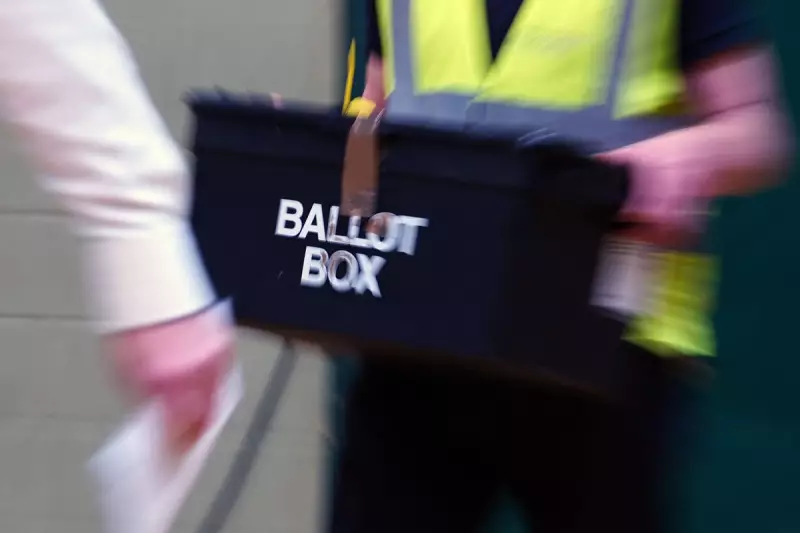
A significant constitutional shift is on the horizon as a new bill, championed by a coalition of MPs, seeks to empower 16 and 17-year-olds with a vote in UK general elections. The proposal, which has successfully passed its initial parliamentary stage, is set to redefine the political landscape and engage a new generation of voters.
Breaking the Age Barrier
The campaign to lower the voting age from 18 to 16 is not a new concept, but it has gained fresh impetus. Proponents argue that at 16, individuals are already entrusted with a multitude of adult responsibilities—they can legally work, pay taxes, join the armed forces with parental consent, and get married. Denying them a say in the laws that govern their lives is increasingly framed as a democratic deficit.
The Road to Legislative Change
The Private Member's Bill, spearheaded by Labour MP Lilian Greenwood, passed its second reading in the House of Commons. While this is a crucial step forward, the path to becoming law remains challenging. The bill must navigate further parliamentary scrutiny and will require government support to secure the necessary debating time.
A Nation Divided on Principle
The debate hinges on a fundamental question: are 16-year-olds mature enough to make informed political decisions? Advocates point to evidence from elections in Scotland and Wales, where 16 and 17-year-olds already vote in devolved and local elections, suggesting engagement is high and decisions are well-considered.
Opponents, however, often contend that teenagers lack the life experience required for such a weighty responsibility and may be overly influenced by the political views of their parents or teachers.
The Ripple Effect of Engagement
Beyond the principle of the matter, there is a practical argument. Supporters believe that "voting is a habit best formed young". By engaging citizens at the very start of their adult lives, the health of the UK's democracy could be strengthened for decades to come, fostering a more politically active and aware populace.
The outcome of this bill is being watched closely by educators, political parties, and young people across the UK, for it has the potential to reshape the electorate and change the nature of political campaigning forever.





